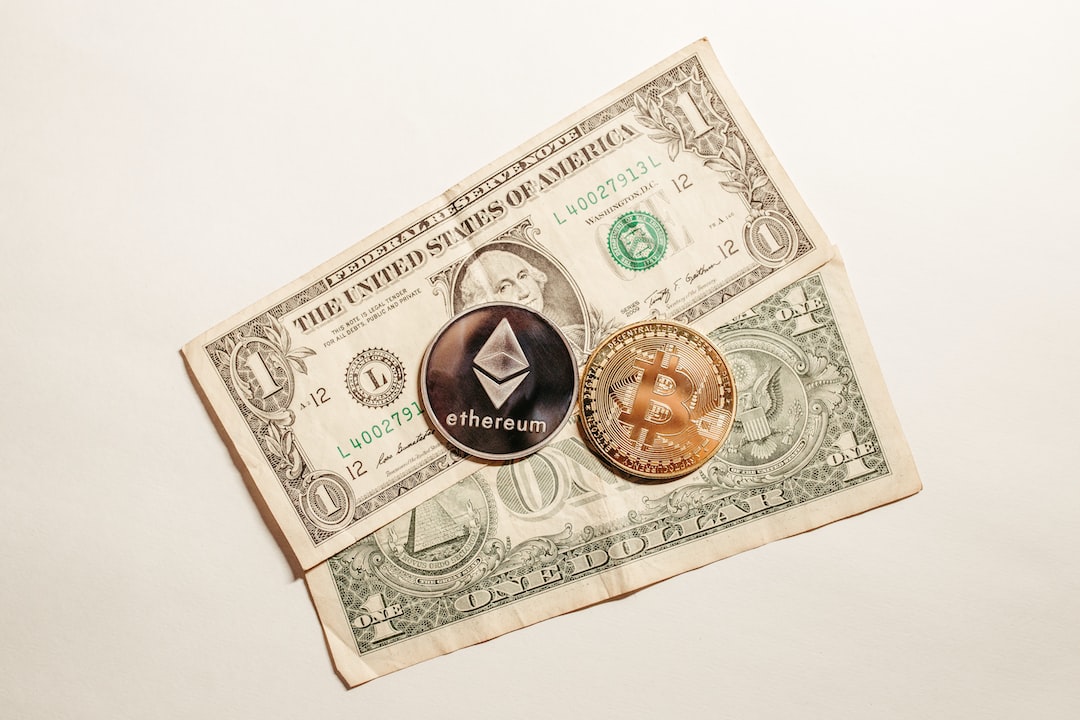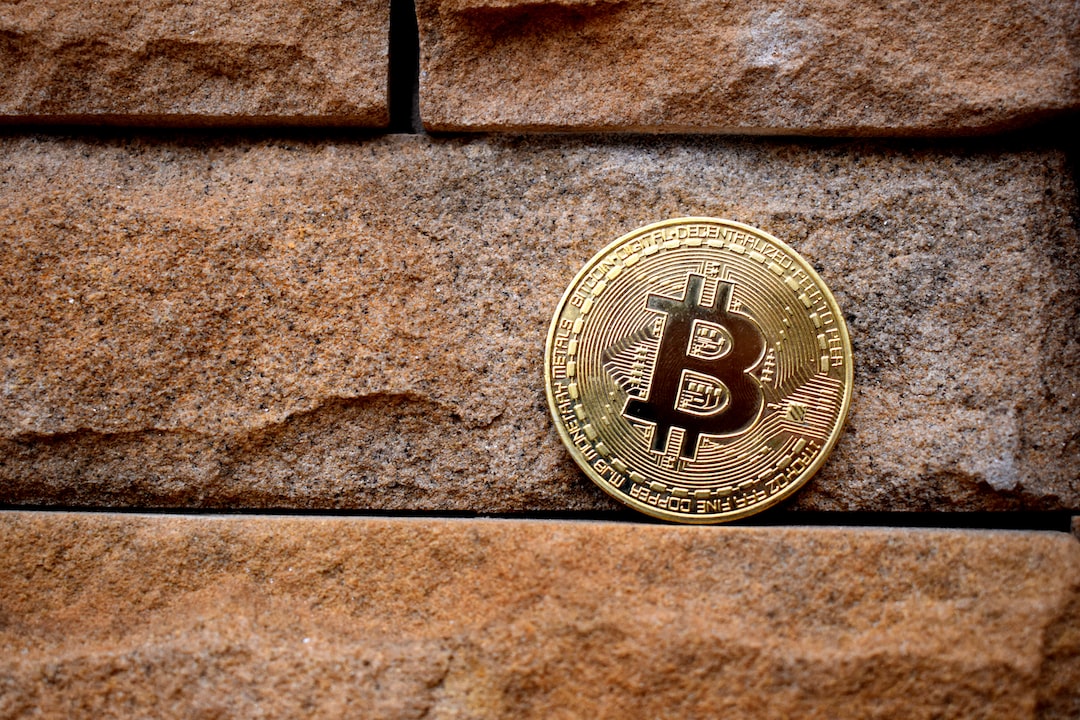The Denied Motion: A Closer Look
The U.S. Securities and Exchange Commission (SEC) has faced a setback in its legal battle against Ripple, the digital payment protocol and cryptocurrency XRP. District Judge Analisa Torres denied the SEC’s motion to appeal a previous loss, stating that the SEC had failed to provide enough evidence to justify the appeal. The judge ruled that the appeal would not “materially advance the ultimate termination of the litigation.” This decision has had an impact on XRP’s market position.
The Howey Test Controversy
One of the main points of contention in this case was the SEC’s claim that the court had improperly applied the Howey test. However, Judge Torres emphasized that the Howey test was irrelevant to this case and cited a 2009 lawsuit to support her argument. She stated that there were no substantial grounds for differences of opinion on controlling legal questions, which means there was no significant legal dispute or ambiguity that warranted an appeal.
Ripple’s lawyer, John Deaton, anticipated the outcome and believed that the SEC’s motion for an appeal would be rejected. He speculated that this would allow Judge Torres to clarify her reasoning further and make the case “appeal-proof.” Following the announcement of the denied appeal, XRP price experienced a notable rally, increasing by about 5%. However, the legal journey is not over yet, as a trial date is set for April 2024 to resolve remaining issues.
Hot Take: The Future of Ripple and XRP
While the denial of the SEC’s appeal is a positive development for Ripple and its supporters, it does not mark the end of their legal battle. The upcoming trial in 2024 will delve into unresolved issues and could still swing in favor of either party. It is clear that this case has significant implications for the crypto community and the future of regulatory oversight in the digital payment industry. As Ripple continues to fight against the SEC’s allegations, all eyes will be on the outcome of the trial in 2024 to determine the fate of XRP.





 By
By
 By
By
 By
By


 By
By